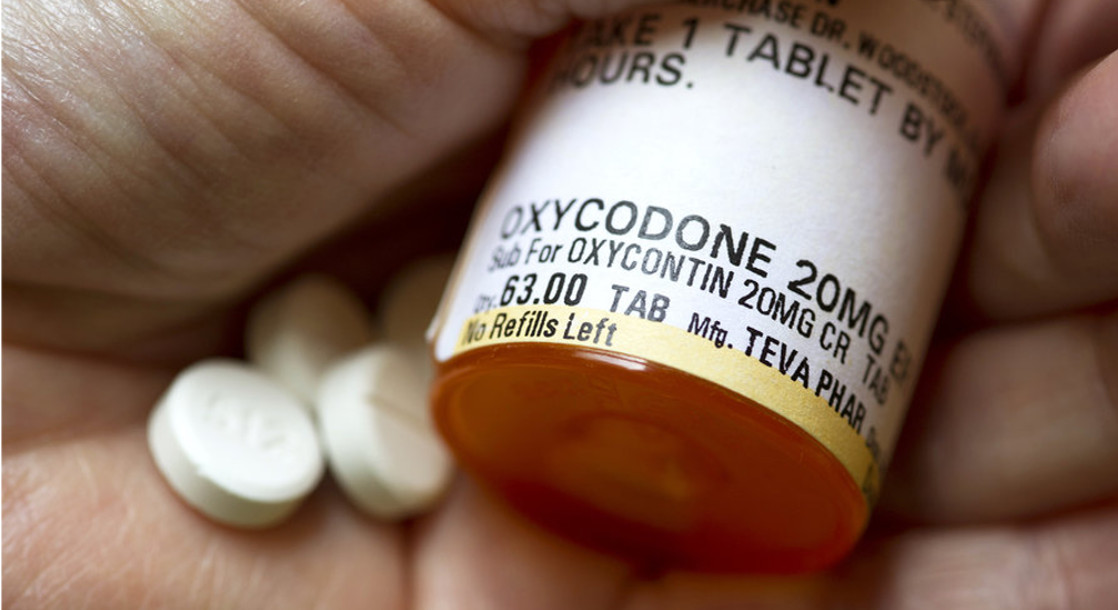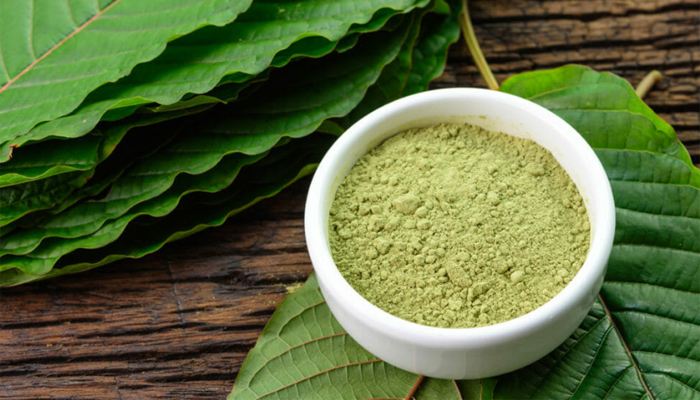Medical marijuana patients across the state of Illinois say that having access to cannabis medicine has allowed them to reduce their opioid intake, according to a report from the Chicago Tribune.
Researchers from DePaul and Rush universities have discovered that take part in the state’s medical marijuana program are less likely to rely on prescription painkillers to ease the symthoms of various conditions. The study, which is considered the first of its kind in Illinois, shows that patients with chronic pain and other conditions are searching for an effective alternative to dangerous opioid medications.
"One of the most compelling things to come out of this is that people are taking control of their own health, and most providers would agree that's a good thing," said lead research Douglas Bruce, assistant professor of health sciences at DePaul University. "But the lack of provider knowledge around what cannabis does and doesn't do, the difference in products and ingestion methods and dosing, is all kind of a Wild West."
Some of the latest data coming from the federal government indicates that as many 64,000 people died last year as a result of an overdose from opioid painkillers – the majority of these people met their demise as a result of misusing dangerous prescription opioids.
Illinois’ medical marijuana program currently has around 25,000 registered participants. The most common conditions for which patients are using cannabis medicine are cancer and fibromyalgia, according to the Illinois State Department of Health.
In the study, patients reported that medical marijuana, in some cases, provided them with faster relief that often lasted longer than the prescription painkillers they were given after their initial diagnoses.
"Medical cannabis is the reason I'm opiate free now," said Shea Evans, a 26-year-old medical marijuana patients, who did not participate in the study. "It really gave me my life back and makes my pain manageable, without inebriating me or forming another dependence."
Although the latest research consisted of only a small number of respondents, it is consistent with similar studies that have found medical marijuana a potential solution to the opioid epidemic.











